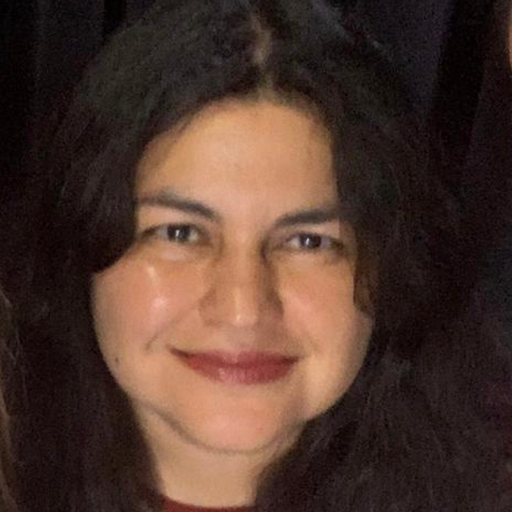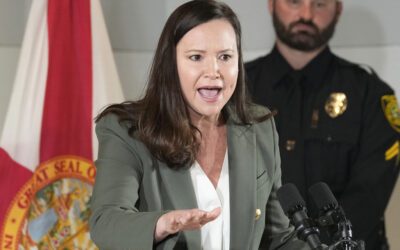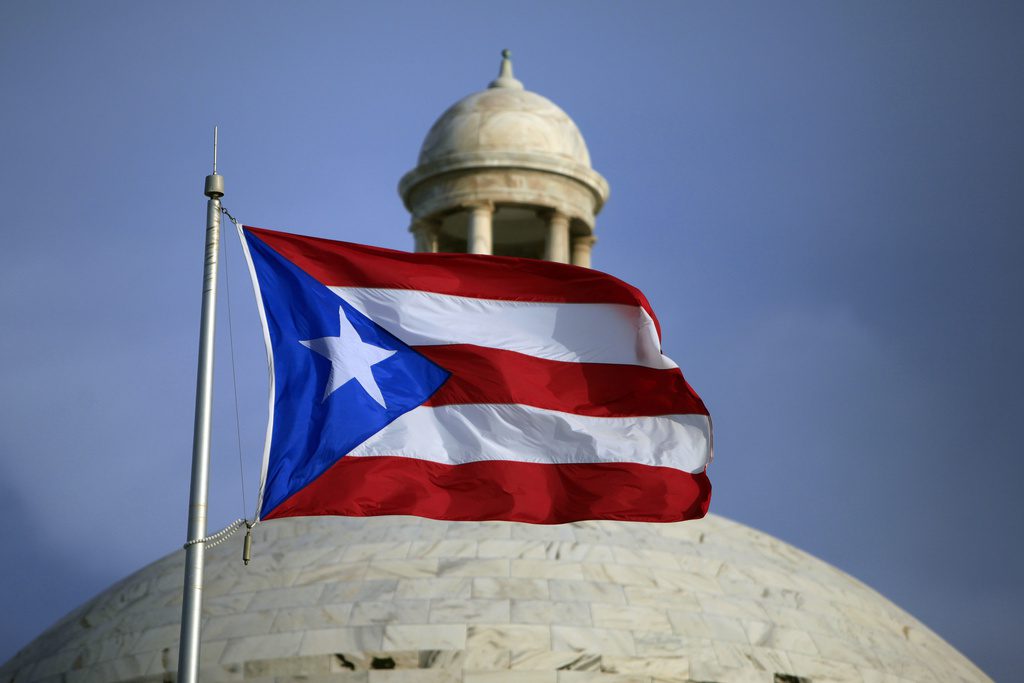
Plans to hold a non-binding referendum on Puerto Rico’s political status came under scrutiny Wednesday, for its multimillion-dollar cost as election officials announced the order and description of choices on the upcoming ballot. AP Photo/Ricardo Arduengo, file.
The referendum will cost $1.3 million, a figure that has been criticized as excessive, especially given Puerto Rico’s financial situation.
Puerto Rico is set to hold a nonbinding referendum on its political status, a decision that has drawn significant scrutiny due to its high cost and perceived lack of impact.
The initiative came under scrutiny on July 24 for its multimillion-dollar cost as election officials announced the order and description of choices on the upcoming ballot.
RELATED: Democratic Sen. Joe Manchin proposes public hearing on Puerto Rico’s political status
Here’s what you need to know about this upcoming event:
What is the referendum about?
The referendum, scheduled for November 5 during the general elections, will allow Puerto Ricans to vote on three potential political statuses:
- Independence with free association: This would involve negotiating issues like foreign affairs, US citizenship, and the use of the US dollar on the island.
- Statehood: This would mean Puerto Rico becomes the 51st state of the US.
- Independence: Full independence from the US.
The order of these options was determined through a televised drawing supervised by judges at the Puerto Rico Elections Commission last Wednesday.
Financial and political context
The referendum will cost $1.3 million, a figure that has been criticized as excessive, especially given Puerto Rico’s financial situation. The island is recovering from the largest public debt restructuring in US history, with over $70 billion in debt resulting from decades of mismanagement and corruption.
Jessika Padilla, the elections commission’s alternate president, revealed that the budget for the upcoming elections was increased from $6.2 million to $7.5 million, with the additional funds allocated to the referendum.
Criticism and legal challenges
Critics argue that the referendum is an unnecessary expense amidst a severe cost of living crisis. Jesús Manuel Ortiz, leader of the main opposition Popular Democratic Party (PPD by its Spanish initials) and the candidate for governor for the party, has labeled it a “totally unjustified expense.”
On July 25, Puerto Rico’s Constitution Day was celebrated on the island.
Ortiz defended the Commonwealth (ELA by its Spanish initials), at an event to commemorate the holiday.
“Both (statehood and independence) are increasingly far away. Both utopias are used to evade the urgent and important challenges of our time. To top it off, these ideologues, on a day like today (July 25), dedicate themselves to criticizing the ELA. To disdain our legacy. To belittle our Constitution, the fruit of the consensus that created our country. Because they prefer to blame the ELA, without recognizing the failure of their inept administrations,” Ortiz said at the event.
The Puerto Rican Independence Party has also challenged the referendum in court. The island’s Supreme Court has agreed to hear the case.
Political implications
Gov. Pedro Pierluisi, a proponent of statehood from the Progressive New Party (PNP) announced the referendum on July 1. He has defended the decision, stating that Puerto Rico’s 3.2 million US citizens deserve equal rights, including the right to vote in US general elections. However, the referendum’s outcome will not change Puerto Rico’s status without approval from the US Congress and the president.
The announcement came after Pierluisi lost his party’s primary to Jenniffer González, a Republican and Puerto Rico’s representative in Congress, who supports statehood and has pledged to push for it if she wins in November. Despite the island’s unique political landscape, which often sees both Democrats and Republicans in the same party, González is a supporter of former President Donald Trump, who does not support statehood for Puerto Rico.
The resident commissioner is the candidate for governor for the PNP in the upcoming election.
Historical context
This will be Puerto Rico’s seventh referendum on political status. The most recent one in 2020 saw nearly 53% of voters favoring statehood, though only about half of registered voters participated.
So far, Congress has not shown any concrete interest in discussing Puerto Rico’s status in the near future.
RELATED: Democrats Pass Puerto Rico Status Act
Last year, a bipartisan group including González and Representative Nydia Velázquez (D-NY), who advocates for self-determination, reintroduced a bill known as The Puerto Rico Status Act, which proposes a three-option referendum on Puerto Rico’s political status.
The bill would have Puerto Ricans vote in 2025 to decide between statehood, independence, or independence with a free association compact with the US. If no option receives a majority, a runoff election between the top two choices would be held.
Support Our Cause
Thank you for taking the time to read our work. Before you go, we hope you'll consider supporting our values-driven journalism, which has always strived to make clear what's really at stake for Floridians and our future.
Since day one, our goal here at Floricua has always been to empower people across the state with fact-based news and information. We believe that when people are armed with knowledge about what's happening in their local, state, and federal governments—including who is working on their behalf and who is actively trying to block efforts aimed at improving the daily lives of Florida families—they will be inspired to become civically engaged.

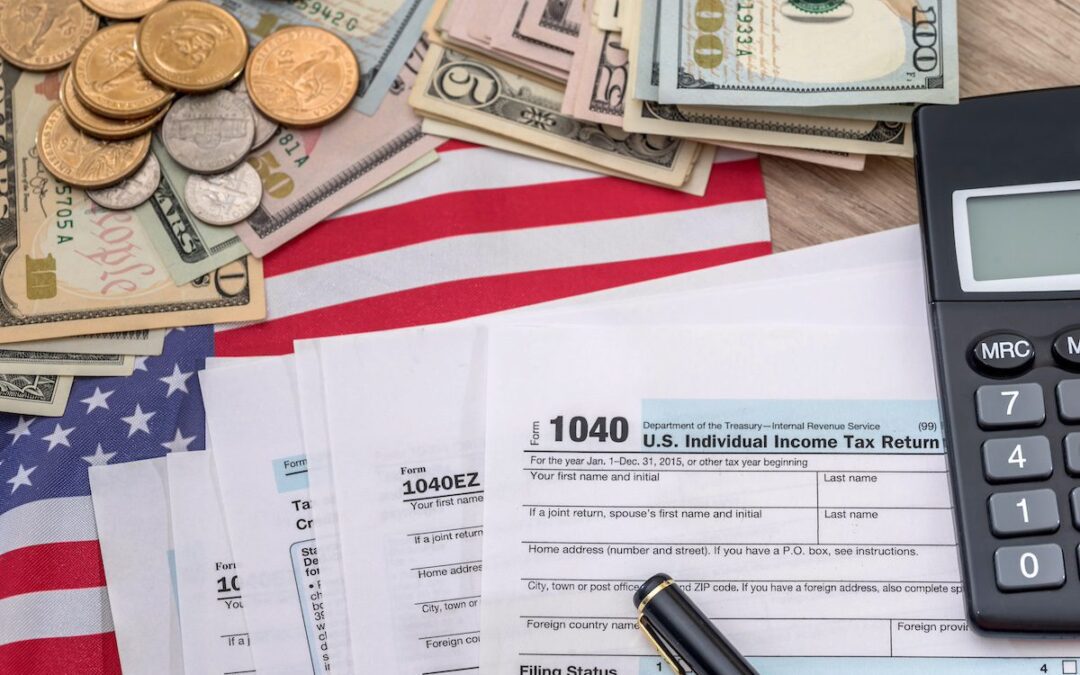
You may qualify to file your taxes for free in Florida—here’s how
An estimated 3.2 million Floridians will be eligible to use the IRS Direct File program to file their taxes this year. Floridians have some good...
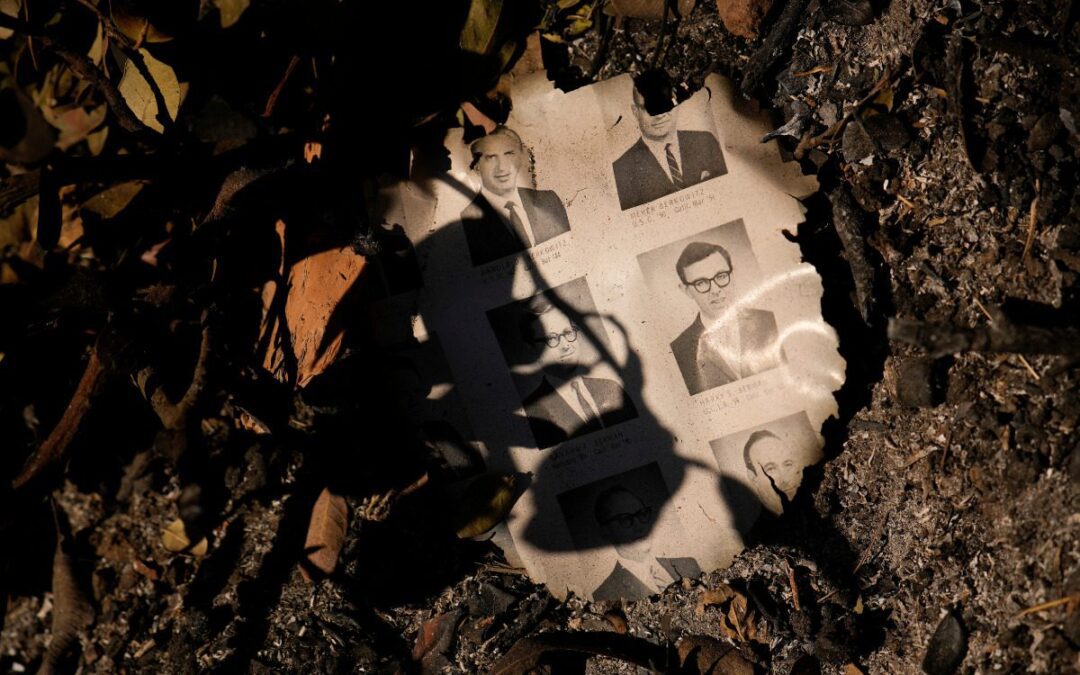
Struggling with your mental health after surviving a disaster? Here’s how to look after yourself
By MARIAM FAM Associated Press There's the initial shock and chaos in a collective disaster like the deadly and destructive California wildfires....

5 places in Florida to donate clothes, shoes, and more
Decluttering your home can provide such a satisfying feeling of accomplishment. After sorting through all of your belongings and determining what...
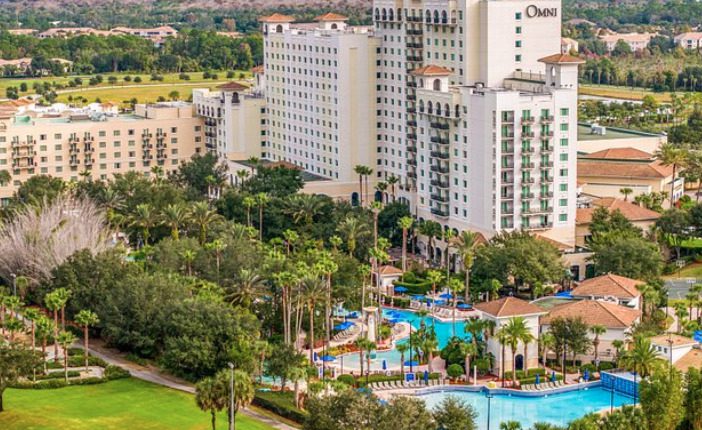
8 Orlando hotels that pack as much fun as the theme parks
With waterslides, family arcades, playgrounds for the kids, and spas for mom and dad, these Orlando hotels will make your vacation unforgettable!...

